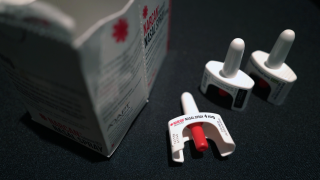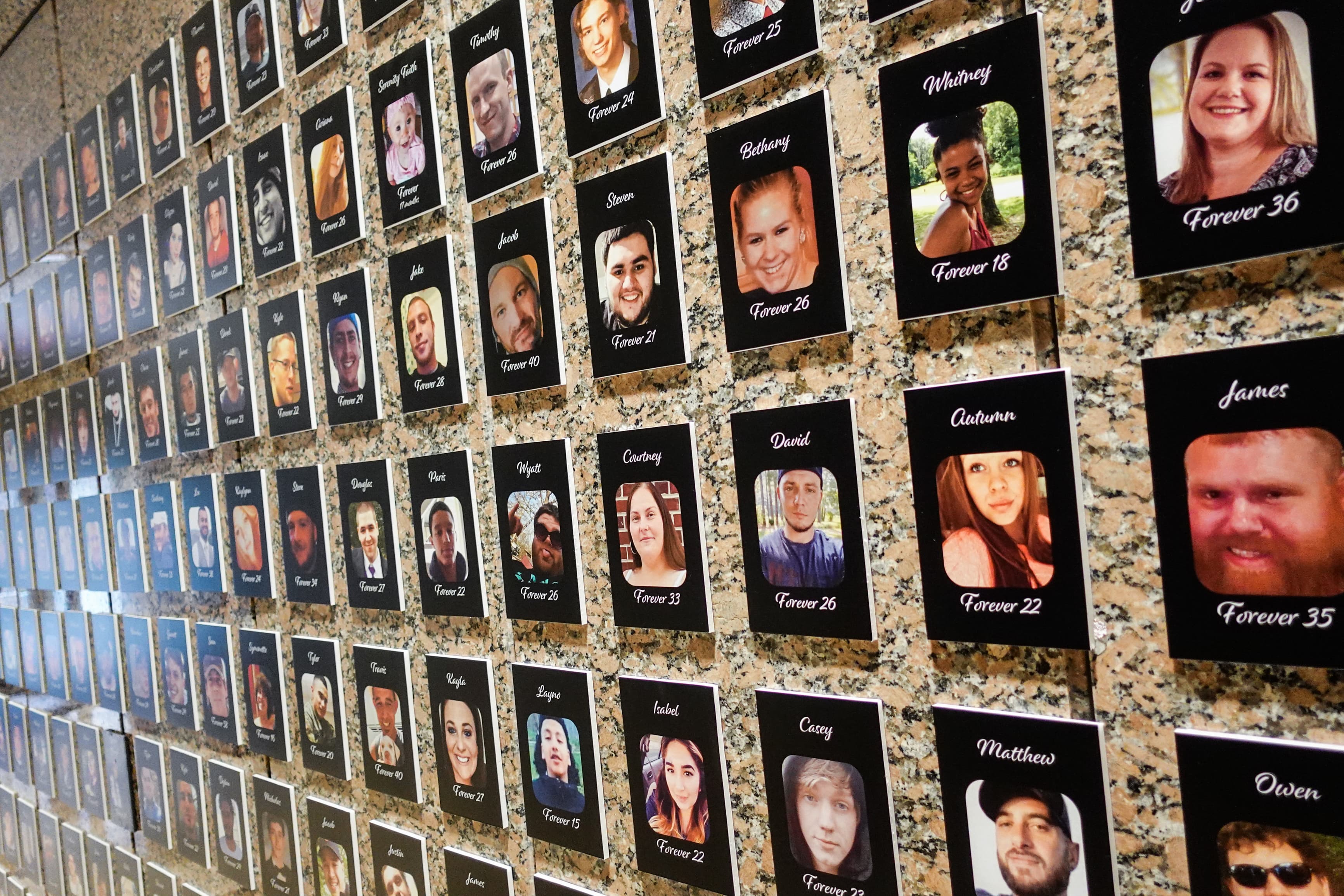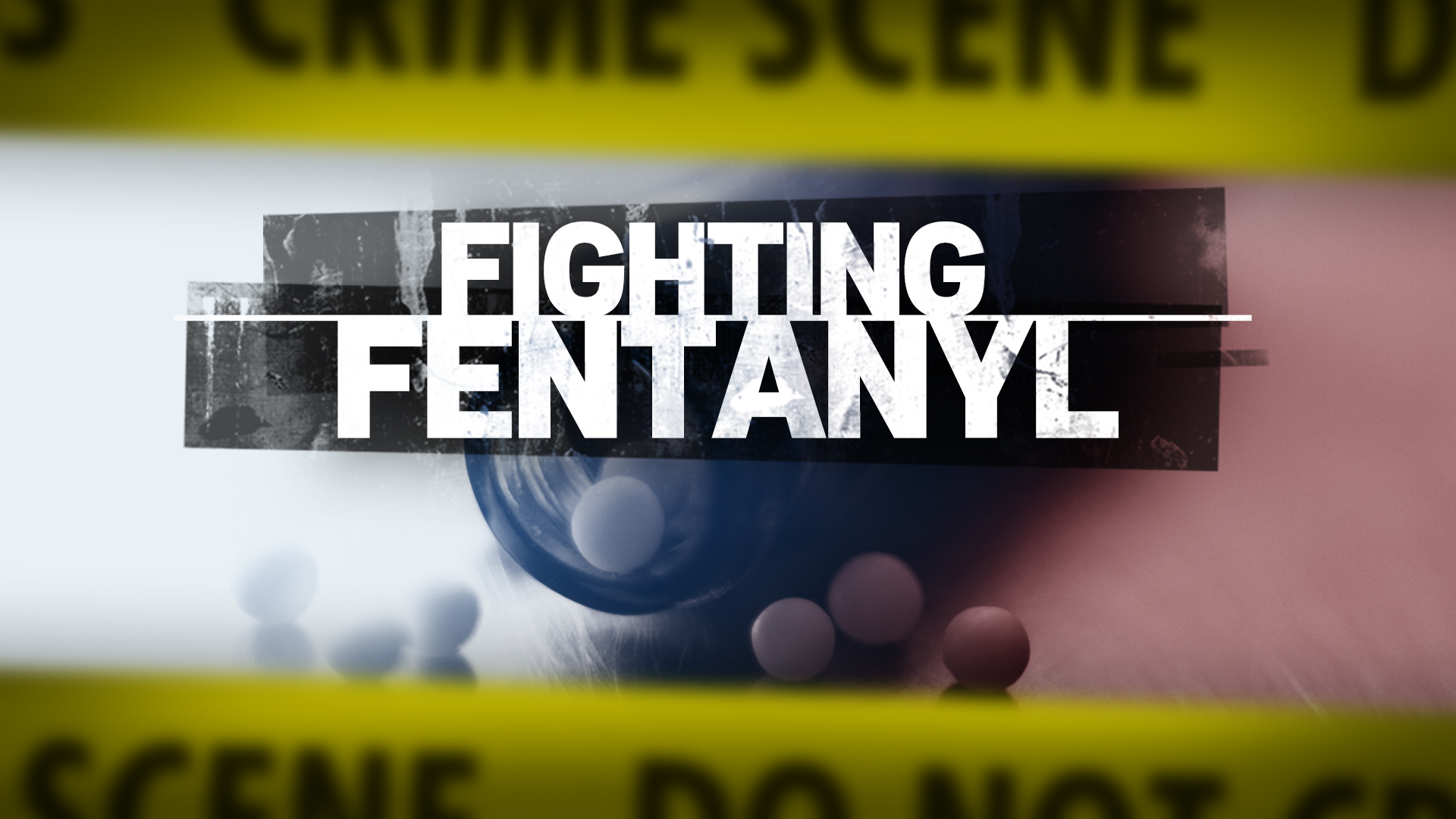
In light of the ever-worsening opioid crisis, a state assemblyman from San Francisco has introduced a new bill that would require opioid blockers to be present in gas stations, bars, libraries, and single-room occupancy hotels.
Assembly Bill 24 from Assemblymember Matt Haney, D-San Francisco, would require that the opioid blocker, commonly known as naloxone or the brand name Narcan, be accompanied by posters that explain how to administer the nasal spray.
According to the Centers for Disease Control and Prevention, over 932,000 people have died in the United States due to opioid overdoses since 1999. The highly addictive, inexpensive, and lethal drug known as fentanyl has been a key culprit in this spike.
Should the bill pass, remedial nasal sprays and instructions would be mailed to relevant locations free of charge by the California Department of Public Health. Naloxone medication is known to be able to quickly reverse the effects of opioid overdose without side effects.
A key challenge is that the spray can only be issued to an individual experiencing an overdose by an involved bystander once the individual has become unconscious.
Thus, the bill hopes to put the nasal spray in the hands of employees at gas stations, bars, libraries, and SROs.
"If fentanyl continues to be cheaper and more accessible than opioid blockers we're going to keep seeing an increase in overdose deaths," Haney said in a press release announcing the legislation. "Until we can cut off the source of fentanyl, we have a responsibility to make sure the only effective first aid response is always there when it's needed."
Get a weekly recap of the latest San Francisco Bay Area housing news. Sign up for NBC Bay Area’s Housing Deconstructed newsletter.



